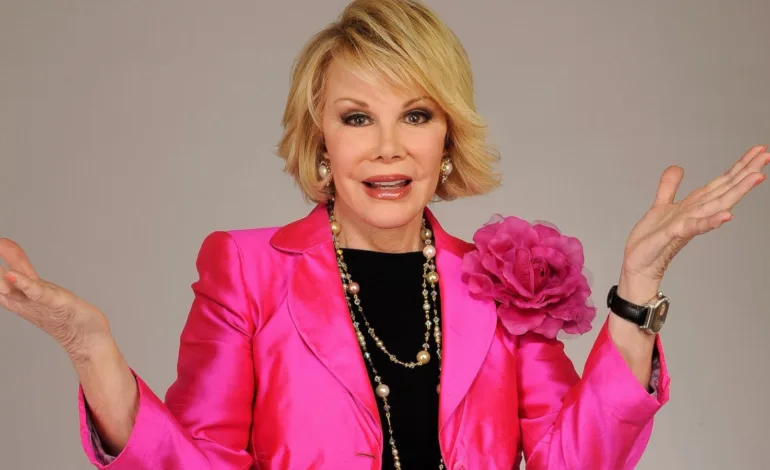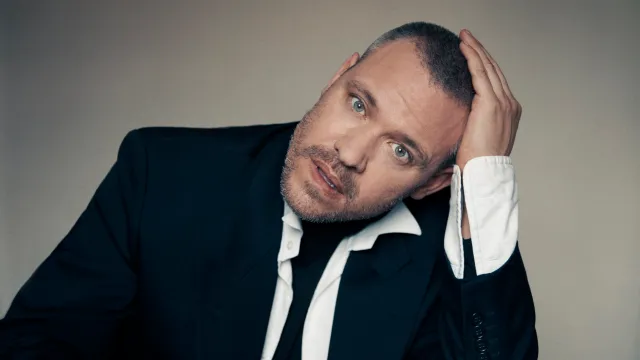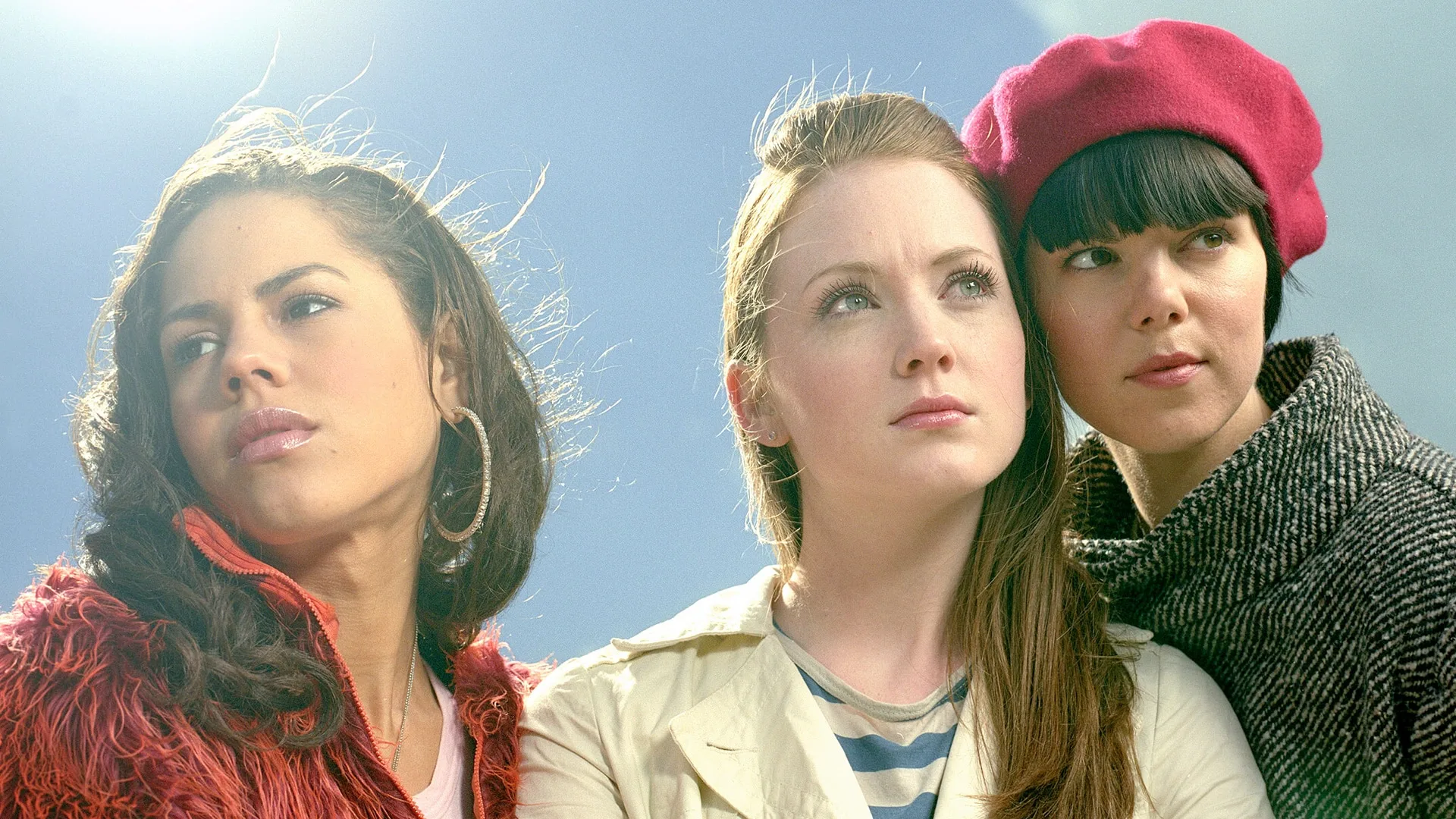
Joan Rivers: Bold, Unapologetic Comedy Pioneer
Darling, if there’s one thing Joan Rivers knew how to do, it was to grab life by the rhinestones and give it a good shake. Born on June 8, 1933, in Brooklyn, New York, Joan was the epitome of trailblazing. The early 1960s found her cracking jokes and barriers alike, her stand-up act as sharp as her famous shoulder pads.
Joan’s breakthrough came when she took the stage on “The Tonight Show Starring Johnny Carson.” Imagine the audacity! In 1973, she sashayed in as the first female guest host, and honey, that was just the beginning. This historic moment wasn’t just a feather in her cap; it was a whole peacock’s tail. It led to “The Joan Rivers Show,” a television escapade that ran from 1989 to 1993 and snagged her a Daytime Emmy Award. Oh, but she didn’t stop there. No, Joan made herself an icon in fashion commentary with “E! Fashion Police,” where her no-holds-barred critiques made headlines—and had everyone quaking in their couture.
Yet, behind the glam and the glitter, Joan’s life wasn’t always a walk down the red carpet. The tragic loss of her husband, Edgar Rosenberg, in 1987 left a void that she bravely navigated with candor. Her raw honesty about her personal battles endeared her to many, making her both relatable and resilient.
Now, let’s talk about Joan’s comedic approach, which was, let’s be honest, a bit like a rollercoaster designed by Salvador Dalí. Her humor, while groundbreaking, was also a lightning rod for controversy. Joan was known for her razor-sharp celebrity jabs. Her quips about Elizabeth Taylor’s marital escapades or the fashion faux pas of the rich and famous were sometimes as biting as her bejeweled microphone. And don’t get me started on her jokes about sex and gender—those were the sort that left some people clutching their pearls and others roaring with laughter.
Of course, Joan had her critics. Some thought her jokes about sensitive topics—like 9/11 or the Holocaust—were in the poorest taste, while others were taken aback by her comments on race and gender. Yet, Joan was a staunch defender of her style, insisting that comedy should be a free-for-all, a place where boundaries are meant to be pushed.

In the realm of praise, Joan had her cheerleaders, too. Johnny Carson, despite their complicated history, recognized her talent, saying she had an “ability to communicate and be funny in a way that is rare.” David Letterman also applauded her fearlessness, noting she was “brave and brilliant.”
However, the criticism didn’t exactly skip past her. David Edelstein remarked that Joan’s willingness to cross lines often landed her in “uncomfortable territory,” and Ben Brantley from the New York Times noted that her bravado could sometimes come off as plain old meanness.
But let’s not forget the legacy Joan left behind. Despite the controversies, she was a pioneer for female comedians. Her daughter, Melissa Rivers, put it perfectly: “My mother broke so many barriers.” And following her death in 2014, even President Obama paid tribute, acknowledging Joan as a “pioneer in comedy” whose “bold humor and unflinching honesty will be remembered.”
And darling, here’s a delightful tidbit from “Joan Rivers: A Piece of Work”: Joan once faced off with a designer known for avant-garde fashion that looked like it had been designed in a kaleidoscope. As the designer braced for Rivers’ critique, Joan took one look and quipped, “I’ve seen better designs come out of a blindfolded paint-by-numbers kit.” The designer, shocked yet composed, took it in stride, and Joan, ever the master of the jibe, added, “Fashion is all about making statements, and you’ve certainly made one. Let’s just hope it’s not a call to the fashion police!”
This anecdote encapsulates Joan’s knack for mixing humor with a hefty dose of honesty, keeping both audiences and designers on their toes. Joan Rivers was a force of nature—part genius, part provocateur, and all fabulous. Her legacy, like her humor, will always spark conversation, a testament to a woman who truly lived and laughed larger than life.



